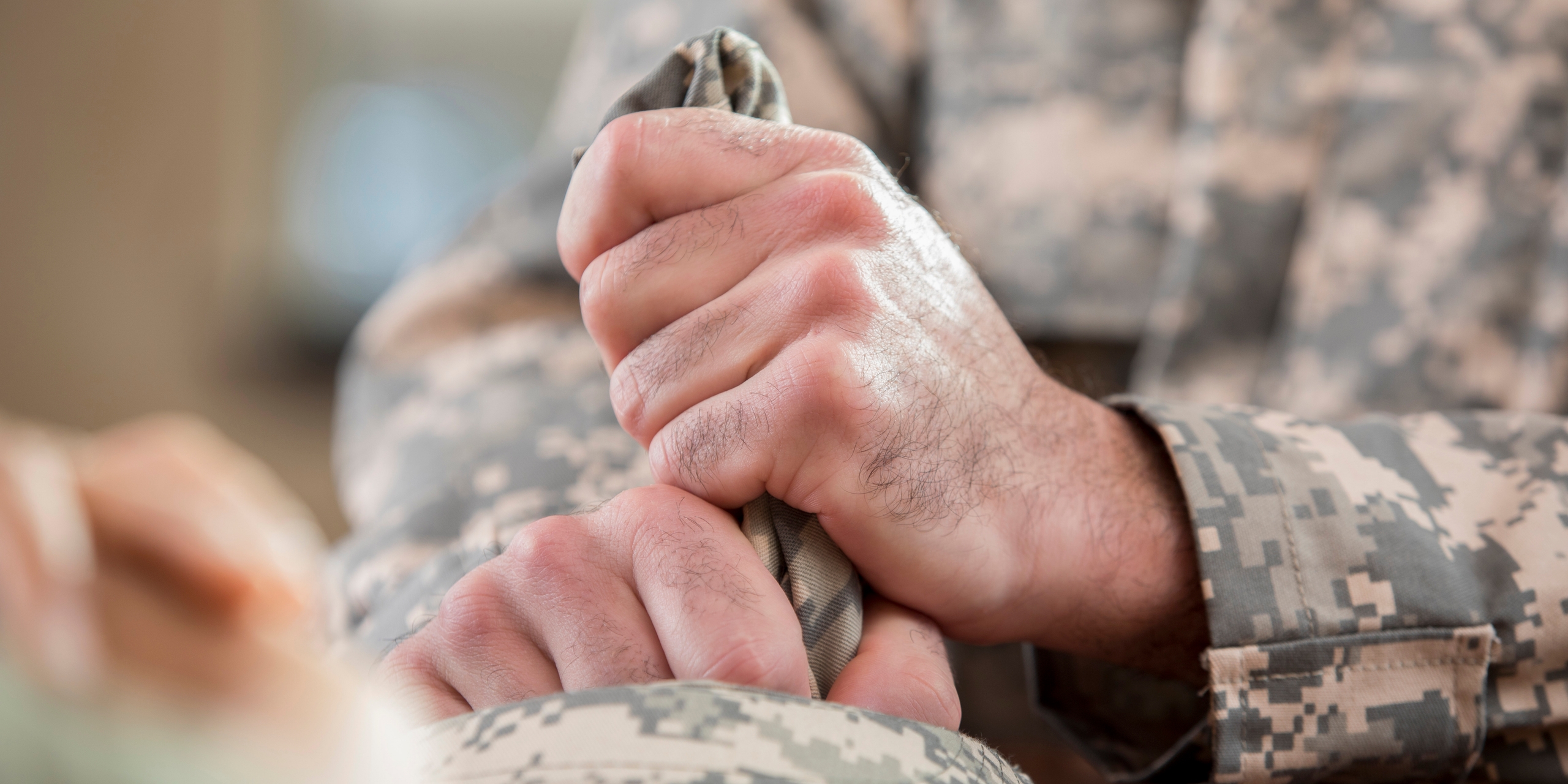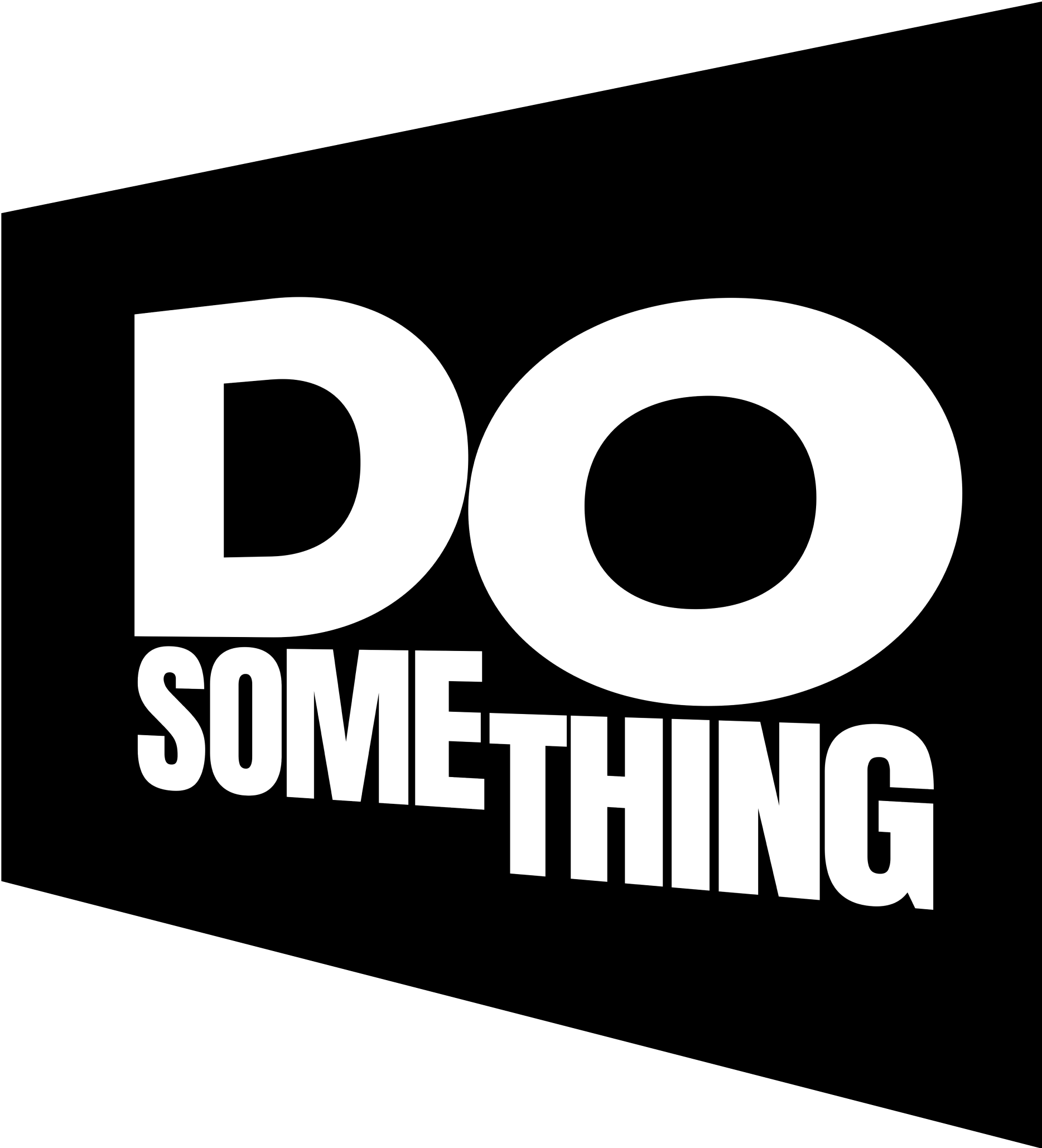11 Facts About the Mental Health of Our Troops

Welcome to DoSomething.org, a global movement of millions of young people making positive change, online and off! The 11 facts you want are below, and the sources for the facts are at the very bottom of the page. After you learn something, Do Something! Find out how to take action here.
- Depression and post-traumatic stress disorder (aka PTSD, an anxiety disorder that follows experiencing a traumatic event) are the most common mental health problems faced by returning troops.^["NAMI - The National Alliance on Mental Illness." NAMI. http://www.nami.org/Template.cfm?Section=PostTraumatic_Stress_Disorder&Template=/ContentManagement/ContentDisplay.cfm&ContentID=68535 (accessed July 22, 2014).]
- The most common symptoms of PTSD include: difficulty concentrating, lack of interest/apathy, feelings of detachment, loss of appetite, hypervigilance, exaggerated startle response, and sleep disturbances (lack of sleep, oversleeping.^[Post Traumatic Stress Disorder." Iraq and Afghanistan Veterans of America. http://iava.org/content/post-traumatic-stress-disorder (accessed July 20, 2014).]
- Post-traumatic stress disorder is diagnosed after several weeks of continued symptoms.^[Post Traumatic Stress Disorder." Iraq and Afghanistan Veterans of America. http://iava.org/content/post-traumatic-stress-disorder (accessed July 20, 2014).]
- About 11 to 20% of veterans of the Iraq and Afghanistan wars (Operation Iraqi Freedom and Operation Enduring Freedom) have been diagnosed with PTSD. Create a support board so your friends can show leave messages of encouragement for troops suffering from PTSD and other illnesses. Sign up for Support Board.^["PTSD: National Center for PTSD." How Common is PTSD? -. http://www.ptsd.va.gov/public/PTSD-overview/basics/how-common-is-ptsd.asp (accessed July 21, 2014).]
- 30% of soldiers develop mental problems within 3 to 4 months of being home.^[Post Traumatic Stress Disorder." Iraq and Afghanistan Veterans of America. http://iava.org/content/post-traumatic-stress-disorder (accessed July 20, 2014).]
- 55% of women and 38% of men report being victim to sexual harassment while serving in the military^["PTSD: National Center for PTSD." How Common is PTSD? -. http://www.ptsd.va.gov/public/PTSD-overview/basics/how-common-is-ptsd.asp (accessed July 21, 2014).]
- Because there are more men than women in the military, more than half of all veterans experiencing military sexual trauma (MST) are men.^["PTSD: National Center for PTSD." How Common is PTSD? -. http://www.ptsd.va.gov/public/PTSD-overview/basics/how-common-is-ptsd.asp (accessed July 21, 2014).]
- An estimated 20% of returning Iraq and Afghanistan veterans turn to heavy drinking or drugs once they return to the US.^["How the Military Stumbled in Treating Substance Abuse." Veterans Healing Initiative. http://www.vetshealing.org/blog/bingham/how-military-stumbled-treating-substance-abuse (accessed July 22, 2014).]
- Between 10 and 20% of Iraq and Afghanistan veterans have suffered a traumatic brain injury (TBI). Possible consequences of this internal injury include anger, suicidal thoughts, and changes in personality.^[Post Traumatic Stress Disorder." Iraq and Afghanistan Veterans of America. http://iava.org/content/post-traumatic-stress-disorder (accessed July 20, 2014).]
- In 2010, an average of 22 veterans committed suicide every day. The group with the highest number of suicides was men ages 50 to 59.^["Suicide Data Report 2012." Department of Veterans Affairs. http://www.va.gov/opa/docs/suicide-data-report-2012-final.pdf (accessed July 22, 2014).]
- Some groups of people, including African-Americans and Hispanics, may be more likely than whites to develop PTSD.^["PTSD: National Center for PTSD." How Common is PTSD? -. http://www.ptsd.va.gov/public/PTSD-overview/basics/how-common-is-ptsd.asp (accessed July 21, 2014).]
GET INVOLVED
Make a difference in your community and add your vision to the future of our democracy
